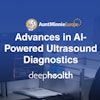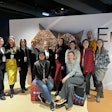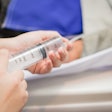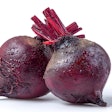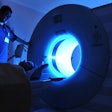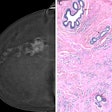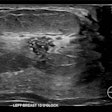
NEW YORK (Reuters Health), Dec 25 - A variant of the well-established Gail model 2 (GM) for predicting the absolute risk of breast cancer, performs satisfactorily in an Italian population, researchers from that nation report in the December 6th issue of the Journal of the National Cancer Institute.
Dr. Adriano Decarli of the University of Milan and colleagues note that although the GM has been validated in U.S. populations, its performance in other countries is unclear because of the wide variation in international breast cancer rates.
The researchers used data from a case-control study in Italy and from Italian cancer registries to develop a model (IT-GM) that uses the same risk factors as the GM.
They then evaluated the accuracy of the IT-GM and the GM using independent data from more than 10,000 women taking part in a cancer and nutrition study.
The team found that ratio of expected incident breast cancers compared to observed incident breast cancers was 0.96 for the IT-GM and 0.93 for the GM.
The IT-GM was somewhat better calibrated than GM in women younger than 50 years, write the investigators, but overall, both models had equivalent discriminatory accuracy.
The researchers therefore conclude that the GM can be improved for use in populations other than those in the U.S.
However, Dr. Joan Elmore, author of an accompanying editorial, told Reuters Health that "there is much work yet to do in the field of cancer risk prediction."
In particular, Dr. Elmore of the University of Washington, Seattle concluded that "we can predict the approximate percentage of a large population that will be diagnosed with breast cancer in the future, but we cannot predict accurately enough which individual woman will or will not develop breast cancer."
By David Douglas
Last Updated: 2006-12-22 13:15:13 -0400 (Reuters Health)
J Natl Cancer Inst 2006;98:1686-1693.
Related Reading
Copyright © 2006 Reuters Limited. All rights reserved. Republication or redistribution of Reuters content, including by framing or similar means, is expressly prohibited without the prior written consent of Reuters. Reuters shall not be liable for any errors or delays in the content, or for any actions taken in reliance thereon. Reuters and the Reuters sphere logo are registered trademarks and trademarks of the Reuters group of companies around the world.

